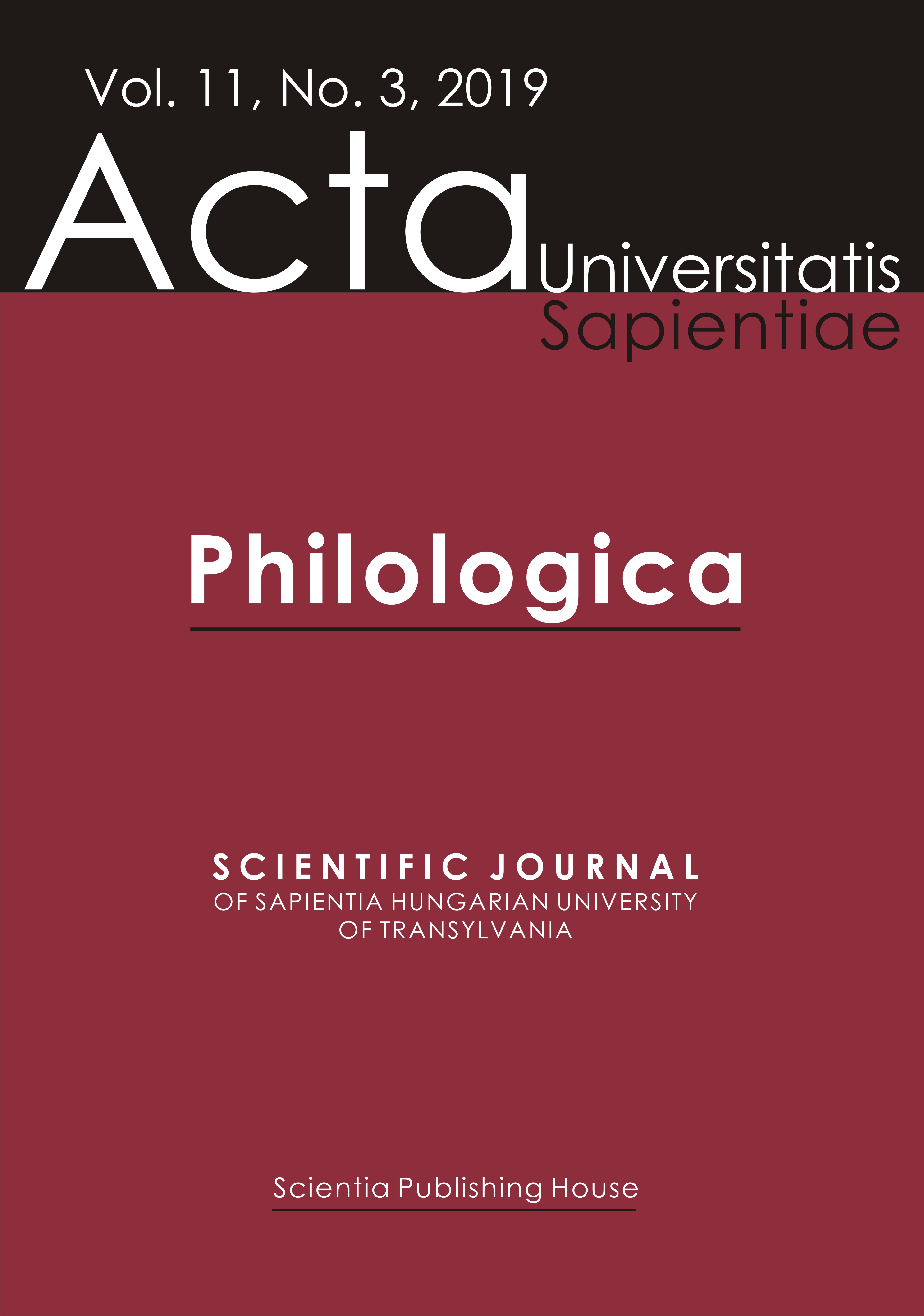Translator Trainees’ Reading Literacy, Problem Solving, and Translation Skills
Translator Trainees’ Reading Literacy, Problem Solving, and Translation Skills
A Comparative Study
Author(s): Gabriella Kovács, Katalin HarangusSubject(s): Language and Literature Studies
Published by: Scientia Kiadó
Keywords: problem solving; reading literacy; native language; foreign language; translation;
Summary/Abstract: Linguistic and cultural mediators, such as translators, interpreters, and language teachers, need complex and well-developed language skills in all the languages they work with. In this study, we examine the connections and correlations among the following skills: reading literacy in native language, reading literacy in foreign language, problem solving and translation. Three of these skills (reading in native and foreign language and problem solving) are evaluated on a three-level scale based on the three cognitive processes used in Programme for International Student Assessment (PISA) assessments (location of information, understanding, evaluation and reflection) (Organisation for Economic Co-operation and Development – OECD 2018). The methodology of measuring reading comprehension in native language and problem-solving skills has already been developed and applied by our research group (Pletl 2019, Harangus 2018); therefore, after assessing the foreign language reading literacy and translation skills, we will be able to analyse the translator trainees’ results based on the aforementioned three-level scale and examine possible connections and correlations between the different but interrelated skills. With an interdisciplinary approach, this study concentrates on revealing the overlaps and meeting points, the spaces in between the use of these skills.
Journal: Acta Universitatis Sapientiae, Philologica
- Issue Year: 11/2019
- Issue No: 3
- Page Range: 141-157
- Page Count: 17
- Language: English

